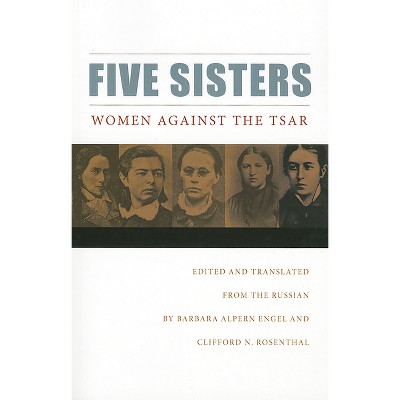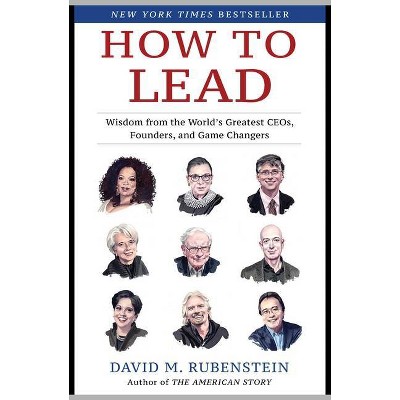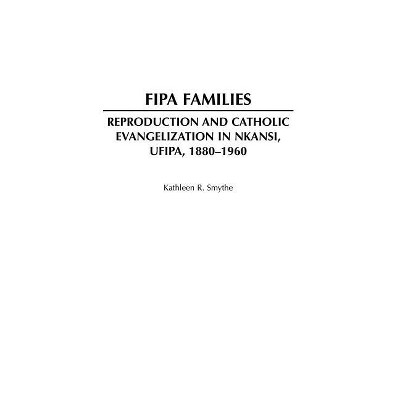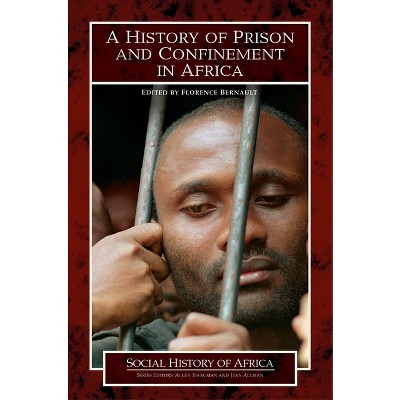Sponsored

Farmers, Traders, Warriors, and Kings - (Social History of Africa) by Nwando Achebe (Hardcover)
In Stock
Sponsored
About this item
Highlights
- There is an adage that the Igbo have no kings.
- About the Author: Nwando Achebe is Associate Professor of African History at Michigan State University.
- 288 Pages
- History, Africa
- Series Name: Social History of Africa
Description
About the Book
There is an adage that the Igbo have no kings. Farmers, Traders, Warriors, and Kings focuses on an area in Igboland where, contrary to this popular belief, Igbos not only have kings, but female kings. It is an area where women served as warriors and even married many wives. Women in Nsukka Division feature as prominent actors in a complex and diverse set of interactions, relationships, and manifestations unmatched elsewhere in Igboland. Thus, the author argues that researchers cannot adequately analyze the political landscape of Nsukka Division (or any other African society, for that matter) without investigating the central place of women and the female principle in the political world of the society. The author examines the political economic and religious structures that allowed women and the female principle to achieve measures of power and determines some of the ways they reacted and adjusted to the challenges of European rule. Such an investigation into the history of this gender dynamic yields important results for both African History and Women's Studies.
Achebe explores the politics of gender and the evolution of female power over the first six decades of the 20th century. The time period, approximately 1900-1960, is important because it allows for the exploration of continuity and change in Nuskka women's activities, as well as the female principle, over three periods--late precolonial, colonial, and postcolonial Nigeria. She raises and answers questions relating to scholarship on women, sex, and gender in Africa by uncovering the complexities of the Igbo gender construct. The study argues that sex and gender did not coincide in northern Igboland. Consequently, women were able to occupy positions that in other societies were exclusively monopolized by men, and men, those otherwise monopolized by women. Expanding on this premise, the author calls for a revision of traditional classifications of African women's activities that are defined strictly along sex lines. It reshapes conventional global frameworks by offering new theories that have the capacity to recognize African concepts such as female kings, female fathers, female sons, female husbands, female warriors, female warrant chiefs, and male priestesses.
Book Synopsis
There is an adage that the Igbo have no kings. Farmers, Traders, Warriors, and Kings focuses on an area in Igboland where, contrary to this popular belief, Igbos not only have kings, but female kings. It is an area where women served as warriors and even married many wives. Women in Nsukka Division feature as prominent actors in a complex and diverse set of interactions, relationships, and manifestations unmatched elsewhere in Igboland. Thus, the author argues that researchers cannot adequately analyze the political landscape of Nsukka Division (or any other African society, for that matter) without investigating the central place of women and the female principle in the political world of the society. The author examines the political economic and religious structures that allowed women and the female principle to achieve measures of power and determines some of the ways they reacted and adjusted to the challenges of European rule. Such an investigation into the history of this gender dynamic yields important results for both African History and Women's Studies.
Achebe explores the politics of gender and the evolution of female power over the first six decades of the 20th century. The time period, approximately 1900-1960, is important because it allows for the exploration of continuity and change in Nuskka women's activities, as well as the female principle, over three periods--late precolonial, colonial, and postcolonial Nigeria. She raises and answers questions relating to scholarship on women, sex, and gender in Africa by uncovering the complexities of the Igbo gender construct. The study argues that sex and gender did not coincide in northern Igboland. Consequently, women were able to occupy positions that in other societies were exclusively monopolized by men, and men, those otherwise monopolized by women. Expanding on this premise, the author calls for a revision of traditional classifications of African women's activities that are defined strictly along sex lines. It reshapes conventional global frameworks by offering new theories that have the capacity to recognize African concepts such as female kings, female fathers, female sons, female husbands, female warriors, female warrant chiefs, and male priestesses.Review Quotes
"[A]chebe's rich field data personalizes the literature on Igbo women, and will be invaluable as a source for others." --American Historical Review
About the Author
Nwando Achebe is Associate Professor of African History at Michigan State University. She served as a Ford Foundation and Fulbright-Hays Scholar-in-Residence at the Hansberry African Studies Institute and history department of the University of Nigeria, Nsukka, in 1996 and 1998. Dr. Achebe's research interests involve the use of oral history in the study of women, gender, and power in eastern Nigeria. She has published a number of articles on research methods, Igbo women and gender, as well as indigenous slave systems.Shipping details
Return details
Frequently bought together
Trending Non-Fiction

















